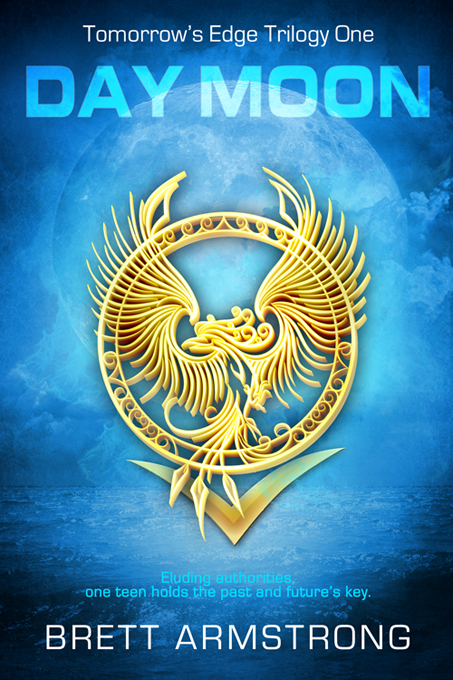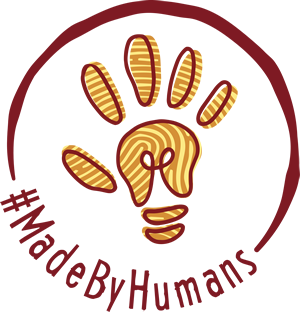
Day Moon
In A.D. 2039, a prodigious seventeen-year-old, Elliott, is assigned to work on a global software initiative his deceased grandfather helped found.
Project Alexandria is intended to provide the entire world secure and equal access to all accumulated human knowledge. All forms of print are destroyed in good faith, to ensure everyone has equal footing, and Elliott knows he must soon part with his final treasure: a book of Shakespeare’s complete works gifted him by his grandfather.
Before it is destroyed, Elliott notices something is amiss with the book, or rather Project Alexandria. The two do not match, including an extra sonnet titled “Day Moon.” When Elliott investigates, he uncovers far more than he bargained for. There are sinister forces backing Project Alexandria who have no intention of using it for its public purpose.
Elliott soon finds himself on the run from federal authorities and facing betrayals and deceit from those closest to him. Following clues left by his grandfather, with agents close at hand, Elliott desperately hopes to find a way to stop Project Alexandria. All of history past and yet to be depend on it.
Book 1 of the Tomorrow’s Edge series.




























So “Day Moon” is basically near-future speculative fiction. In this case the thought experiment revolves around what would happen if in 2039 the government started a program to digitize all books in existence into a single government-run compendium of all human knowledge and destroy the physical copies.
I’m sure nothing bad will come from that.
It was even started with good intentions by Elliott’s (the protagonist) grandfather. Except that one day his grandfather’s self-driving car got into a super-rare accident and he died.
I’m sure there’s nothing suspicious about that.
Now this premise is pretty good, but personally I admit this book wasn’t really my thing. As a whole, I felt like the majority of the book revolved around three different topics:
1.) Running from the feds
2.) “National Treasure” style clue-hunting
3.) Teen drama and distrust
If these sound appealing, perhaps this is a book for you. Personally, I think I would have preferred if the story dug a little deeper into the philosophical consequences of having a government that is skewing truth. How would that affect the individual? How would it affect society? Perhaps the sequels address that.
My favorite chapter in the book is the mall scene with the hologram. It highlights the technological advancements in this world and how AI, marketing, and data mining could make for an uncomfortable combination. A book expanding on that would be interesting.